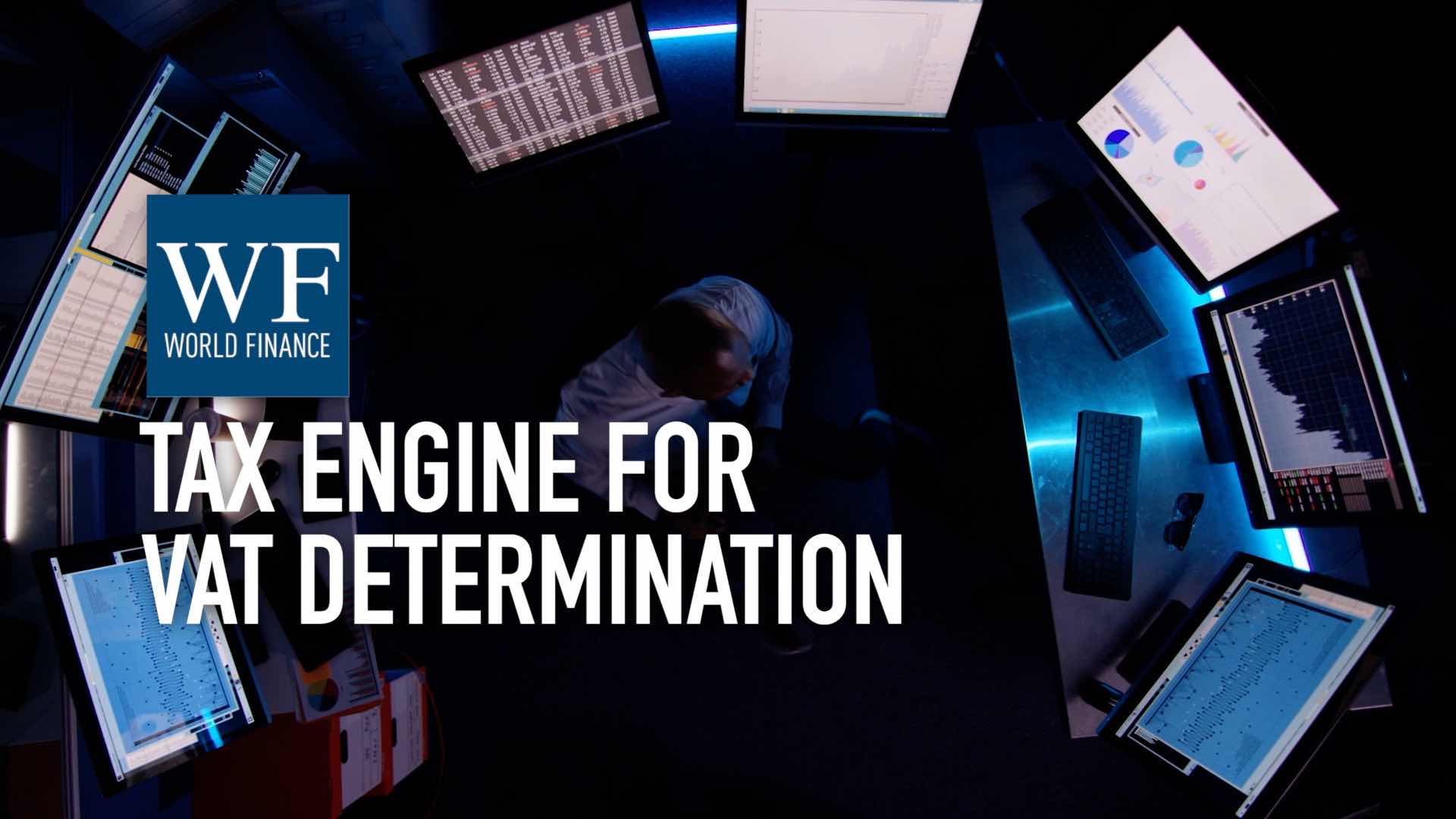LEXeFISCAL on the UK’s tax benefits
World Finance speaks to Clifford Frank, Senior Partner at LEXeFISCAL, about how to deal with tax, the new UK government crackdown on avoidance and international jurisdictions
Related:
Transcript
Tax is more often than not one of the main headaches for people and companies alike. World Finance speaks to the author of 3 Ways to Settle Your Tax about why every taxpayer has the right to organise their affairs to minimise the tax they pay – even major companies such as Amazon and Starbucks.
World Finance: Well Clifford, you offer advice to clients in the UK, Western Europe, America and Africa; tax jurisdictions in these areas must differ quite dramatically, so what challenges does this pose?
Clifford Frank: The first thing we always look to is the double tax agreement. That gives us, basically, a signpost and guide as to how we’re going to approach a transaction.
We then look at the tax information exchange programmes, because that provides a gateway for information to be exchanged between the different jurisdictions. While we’re not opposed to information exchange, we have to be in a position to see how we could manage that.
The next thing that we look at is the type of entity we should use to actually structure the transaction through: whether it should be a limited company, or partnership, or a joint venture structure, or a consortium.
World Finance: Well what are the advantages of being based in the UK, and what sort of clients and cases do you deal with?
Clifford Frank: We have very advantageous tax rates for corporations. Right now our basic rate of tax is 20 percent for profits up to £300,000. We then have a tax rate of 21 percent up to £1.5m, and that’s going to change from April next year to 20 percent.
Everyone knows about Google, Amazon and Starbucks. And what did they do wrong? They did nothing wrong
Another advantage is the ease of establishing a business in the UK. You can have a company set up within three hours. You can establish a public liability company in the UK for as little capital as £17,500.
We handle small companies with turnover up to £20m, we handle major cases with profit turnover up to £100m.
World Finance: What do you foresee will be the impact of the UK government’s strategy to reclaim billions of pounds from taxpayers accused of participating in avoidance schemes?
Clifford Frank: Everyone knows about Google, Amazon and Starbucks. And what did they do wrong? They did nothing wrong.
They used the laws that the government made in order to attract them to come and do business in the UK. They didn’t break any law; they didn’t do any criminal activities.
Had Google not come along, employed – how many thousands of people they employed – how would the government have generated jobs to keep themselves happy? And how much PAYE would they have lost if they didn’t create the jobs?
All we’re doing is applying the law. Every taxpayer has a right to organise their affairs in a manner which would produce the least tax burden.
In the press is just a small minority who have no ability to actually organise their affairs, because they have a simple salary, and they have to pay their taxes.
If I was in their position, without the flexibility – I’d feel the same way.
World Finance: The OECD has unveiled plans to tackle profit-shifting and tax avoidance of multinational corporations. What changes does this represent?
Clifford Frank: The proposal is basically a common framework for the exchange of information instead of every country implementing their own tax information exchange programme, we’re going to have one model based on the OECD model.
This policy is going to impact mainly on financial institutions – banks and credit card companies – who will be obliged to actually just give up their information to the different authorities.
This policy legitimises whistleblowing, which basically prevents employers from taking action against employees who behave badly by stealing information given out.
Every taxpayer has a right to organise their affairs in a manner which would produce the least tax burden
World Finance: Well finally, what should people be aware of when approaching tax?
Clifford Frank: People when they’re approaching tax planning have this notion that tax planning is a cheap exercise. They want to have it at the Big Mac price, and then expect a Rolls Royce service. Doesn’t work.
Currently we find a lot of smaller corporations seem to think that they can set up companies and use not many directors in various jurisdictions, and believe they’re not going to be affected. That’s a fallacy, never do that.
You must always trust your trustee, if you’re going to do an international transaction. Be prepared to give up control, because control is a test which is applied by the various tax authorities to see who’s in charge, and if they deem you to be in charge of an activity which is conducted outside of your jurisdiction in order to minimise your tax, you would negate the tax benefit.
World Finance: Clifford, thank you.
Clifford Frank: Thank you, Jenny.
For further information visit LEXeFISCAL.com

 Vertex tax technology: Introducing SAP chain flow accelerator
Vertex tax technology: Introducing SAP chain flow accelerator Vertex tax technology: Why add a tax engine for VAT determination
Vertex tax technology: Why add a tax engine for VAT determination
